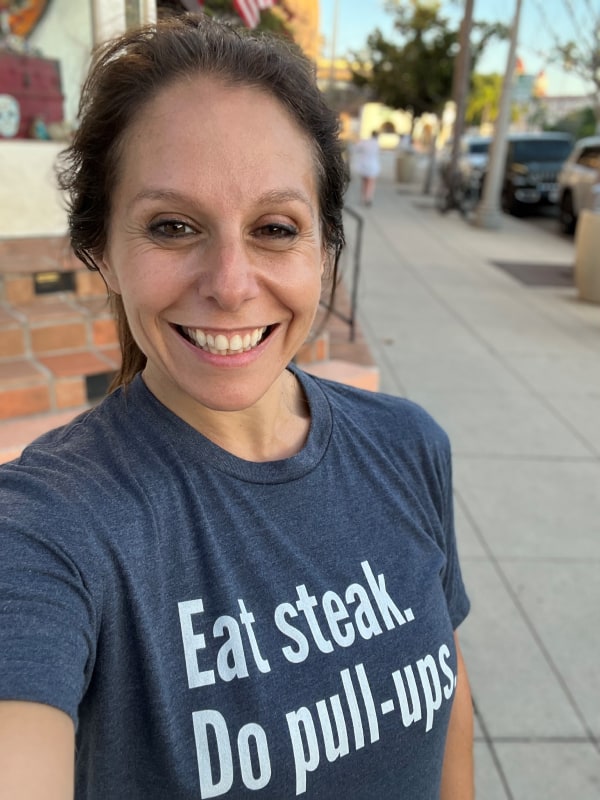With aspirations of becoming a writer, engineer, or a scientist, Uluprener Amar Sehic had lots of dreams about the future. So while growing up in Bosnia, he dabbled. His father was an entrepreneur; at a young age, Amar learned that the life of an entrepreneur has its ups and downs. Success might come easily—or not at all. His father taught him this order of operations: first, figure out what the business should be; then, build it; afterward, reach out for help from other folks to grow that market. Amar knew he was destined to create his own business.
His passion was math and physics. During his teen years, the political and economic situation in Bosnia was tough; Amar received a scholarship to Colby College, a small liberal arts college in Maine. He met his current co-founders Krenar Roka from Kosovo and Tommaso Montagni from Italy at Colby. They became fast friends, since they were all international students from entrepreneurial families. A month after classes began, they created their first startup, which became a campus hit. PackMules was an e-commerce store that enabled students to purchase items from local stores and have them delivered to their dorm room within 24 hours. The business helped the trio figure out how to work together, and learn their strengths and weaknesses as founders.

Amar went on to do graduate work, but the three friends continued to talk—and began discussing what opportunities there might be in the real estate industry. Amar looked at it from a data-driven perspective: this huge asset class invested millions and millions of dollars, but they made decisions without many tools to deploy around data. He believed data wasn’t being applied to help investors understand the market more thoroughly and make better decisions. For Amar, it was an intellectual challenge. The three friends moved to New York City in 2017, not knowing anyone, and began working on Rubik. Rubik, a data-driven acquisition platform for institutional single-family housing investors, officially launched in 2021.
Rubik just raised a $3.5M seed round led by Ulu Ventures. As Amar told us, their vision has evolved—and as with all good entrepreneurs, it took a lot of experimentation before they hit their sweet spot.
How did you get your first customers?
“We were outsiders to the industry and trying to understand how things were done in the United States. When we came to New York, we cold-emailed a bunch of people—brokers, folks at hedge funds, etc.—and we went from zero customers to, like, a couple hundred.”
We offered to work with them and see what kind of tech solutions we could bring. We talked to as many people as we could for the first couple of years to try and understand where we could make an impact. We would build some investment analysis tools for a particular brokerage, or provide the measurement tools to find comps for certain hedge funds. These were products people in the industry could use, things that were precursors to what Rubik is today. We saw that single-family rentals were a great investment opportunity: we saw how much money was being deployed, who the big players were, and saw how broken the industry was.
Any advice for founders fundraising?
We raised money before we came to New York—initially from friends, family, and a few angel investors, and also by bootstrapping and building different products. I think if founders can bootstrap, they should do it. Don’t be afraid to be scrappy. Initially, we lived lean; for a time, all three of us lived in a one bedroom in Manhattan.
If an investor doesn’t like your idea, and maybe you hear that repeatedly, it’s important to dissect the feedback and figure out … is there a problem with the pitch, the company, or is this investor just not a fit? It’s key to find players who have either deep expertise in the industry itself or have invested in companies that have done really well in that space.
We did get an investment from Entrepreneurs Roundtable Accelerator (ERA), the biggest accelerator in New York, and went through their program for six months. We found it to be really helpful in refining our vision, thinking about business use-cases, and finding our niche, which was investing in single-family homes and single-family rentals.
Why Rubik? Why now?
“It’s the best time to invest in single-family rentals that it’s ever been. And there’s a great benefit to having an institutional approach, because you get a much better return on your investment with much less work and risk than if a mom-and-pop rental investor does it.”
If you just look at the number of funds that have popped up in the last couple of years, it’s been tremendous. Annually, these guys buy about $200 billion worth of single-family homes—they account for one-third of all home purchases every year in the US today—it’s becoming a really big market. But only around 3-4% of all those purchases that are single-family rentals are actually owned by institutional investors. So, the sector still has such a long way to go in terms of adoption. But in terms of the actual volume and people coming into the space, it’s only been increasing year on year.
What about the uncertainty of a recession?
We’re not really worried, because most of the funds we work with today have loaded themselves up on capital in preparation for such an event. They want prices to go down and that’s going to happen eventually. So for us, it’s a great time to be raising money and be in the market. Maybe the next quarter or two might be a bit jittery in terms of purchases, but once prices go down and start to stabilize, we’re gonna see a lot more activity. The hardest time to do what we’ve been doing was in 2021, when the market was so hot that it was incredibly hard not to buy overpriced things. So if you were able to execute in that environment, I’m very optimistic about what’s going to happen in the next couple of years.
What are your dreams for Rubik?
Our mission is to become the de facto platform to help people access this asset class of single-family rental; not just for institutional investors, but even for retail investors. If they want to access the asset class as a platform, they can do it easily; it takes just a couple of clicks to be able to buy rental homes. It’s an amazing asset class that people have traditionally overlooked, and there are a lot of opportunities for people to build wealth here beyond just the largest institutional players that we’re starting with today. That would be our definition of success.




